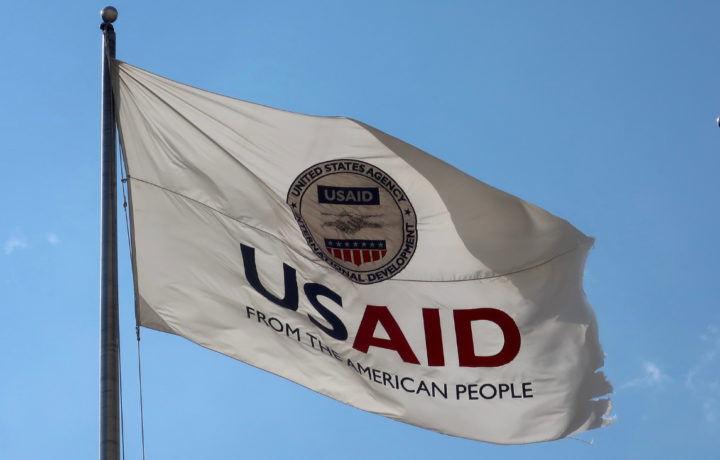A UN World Food Program survey of 1,600 households across Afghanistan indicated that about 95% of surveyed household do not have enough to eat each day. Of those surveyed, over half of the households reported running out of food completely at least once within the last two weeks. Even in the families with at least one member of their family with a secondary or university education, only 10% said they were able to meet their needs. These figures show a worsening food insecurity level among middle-class and urban populations, showing how extreme the situation in Afghanistan is right now.
With the pull out of the U.S. and the collapse of the Afghan government and the Taliban take over, approximately three quarters of the humanitarian organizations in Afghanistan experienced challenges in delivering assistance, according to United States Agency for International Development (USAID).
The pandemic, along with the pull out of the U.S., has led to dramatic price increases. For example, the price of wheat is approximately 28% higher than it was in March 2020. While the price of cooking oil has increased approximately 95%. The number of work days available for labors has also decreased nearly 41%.
The news coming out of Afghanistan tells stories of the desperate situations that people are in. This makes these first direct talks since the U.S. troop withdrawal between the U.S. and Taliban leaders important for many hoping for aid they once relied on that is now gone. The Taliban leaders said the U.S. had agreed to provide humanitarian aid to the desperately poor Afghans. They said Afghanistan is on the brink of disaster and needs the aid to prevent this from happening. The Taliban also acknowledged the U.S. is refusing to give political recognition to the Taliban.
The U.S. statement was less conclusive. Instead, U.S. leaders only said the two sides, “discussed the United States’ provisions of robust humanitarian assistance, directly to the Afghan people.”
State Department spokesman Ned Price described the discussions as candid and professional. The U.S. wants the Taliban to prove by their actions not their words they have pledged to.
“The US delegation focused on security and terrorism concerns and safe passage for US citizens, other foreign nationals and our Afghan partners, as well as on human rights, including the meaningful participation of women and girls in all aspects of Afghan society,” Price said.
The situation in Afghanistan is desperate. In a UN report in September there were 634,800 people displaced by the conflict in August, along with 28,018 affected by natural disasters in 2021. Things were bad prior to the U.S. departure from Afghanistan. On October 25,2020, the U.S. Charge d’Affaires to Afghanistan, Ambassador Ross Wilson, redeclared a disaster for FY2021 for Afghanistan due to the ongoing complex emergency.
And then following the collapse of the Afghan government in August, economic and social instability ensued, resulting in the deterioration of basic service provisions across the country, increased prices of staple foods and fuel, reduced household purchasing power, and other developments that constrain the ability to Afghan households to meet basic needs.




